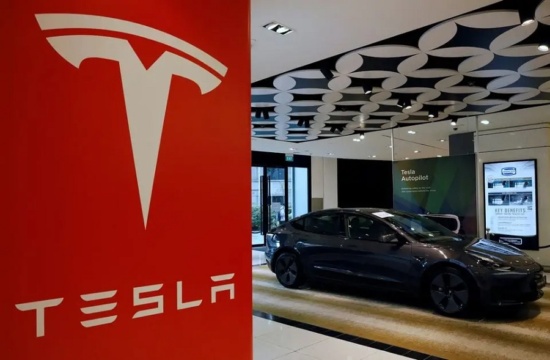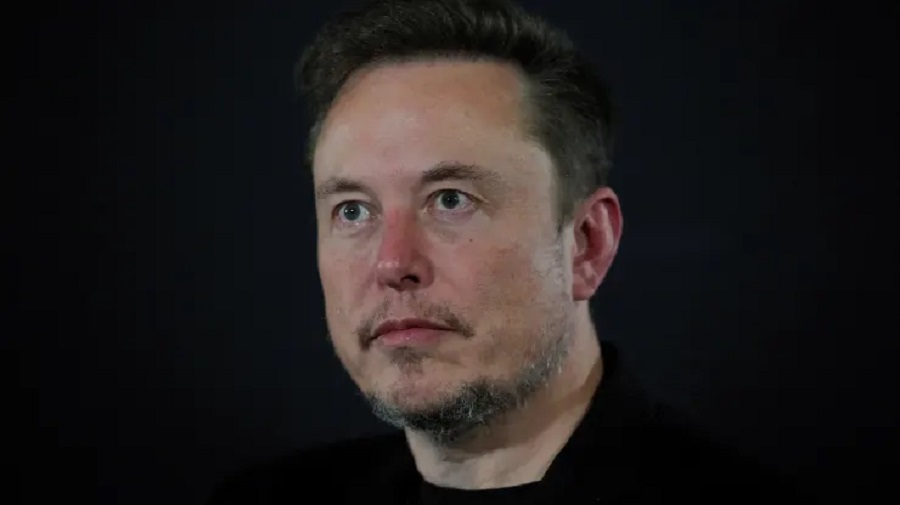Tesla sales in 2024 have hit a rough patch as the electric vehicle (EV) powerhouse encountered its first drop in quarterly deliveries in almost four years, signaling a shift in the automotive landscape. This downturn, which missed industry forecasts and Wall Street expectations, has been a cause for concern among investors and market watchers. The decrease in Tesla sales in 2024 was particularly surprising since the company’s strategy of reducing prices did not seem to invigorate demand in an increasingly competitive market.
Following the announcement, Tesla’s shares fell by 5.2%, erasing about $30 billion from the company’s market valuation. This significant dip is a continuation of a challenging trend for Tesla in 2024, with the company’s stock declining by around 33% over the year. This downturn illustrates the volatility facing Tesla sales in 2024 and the broader challenges within the EV sector, despite the company’s prior success under Elon Musk’s leadership.
Tesla’s pioneering role in electrifying the auto industry has been undisputed, with rapid sales growth previously cementing its position as the world’s most valuable automaker. However, Tesla sales in 2024 are bracing for a slowdown. The aging lineup of Tesla vehicles, coupled with rising interest rates, has made consumers hesitant to invest in high-priced items. Additionally, Tesla faces fierce competition from Chinese manufacturers who are introducing more affordable electric models, adding pressure in the world’s largest auto market.
In the first quarter of the year, Tesla sales in 2024 saw an 8.5% decrease from the previous year, with the company delivering 386,810 vehicles, missing the expected 454,200 vehicles forecasted by analysts. This setback in Tesla sales in 2024 reflects not only the operational challenges, including updates at its California factory and disruptions at its Berlin plant, but also a broader issue of softening demand. Despite producing 46,000 more vehicles than it sold, Tesla’s market dominance is being challenged by both traditional auto manufacturers and new players in the EV space.
The competitive landscape in China is particularly daunting, where Tesla is up against strong local competitors like BYD, which has overtaken Tesla in global EV sales, and Xiaomi, whose entry into the EV market has been met with enthusiasm. Despite these challenges, Tesla managed to maintain a lead over BYD in quarterly sales, a testament to its enduring brand strength and technological innovation.
As the electric vehicle market evolves, the Tesla sales in 2024 narrative is a critical indicator of the industry’s direction. The company’s ability to navigate the hurdles of model refreshment, competitive pricing, and market expansion will be pivotal in maintaining its leadership position. The coming years will likely be a defining period for Tesla, as it adjusts its strategy to continue leading the charge in the transition to sustainable transportation.





